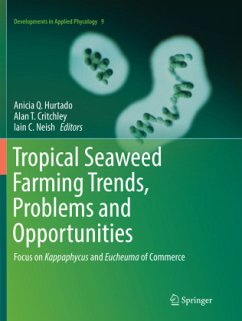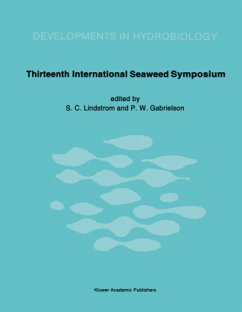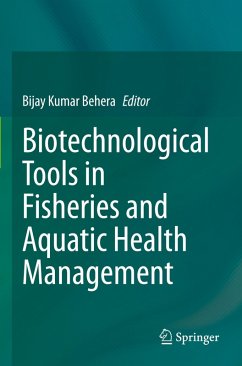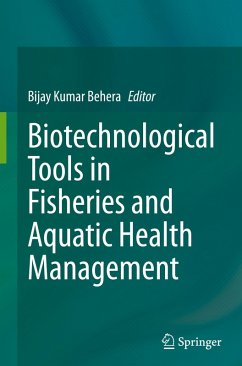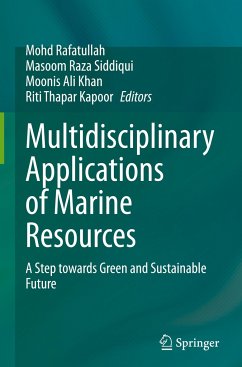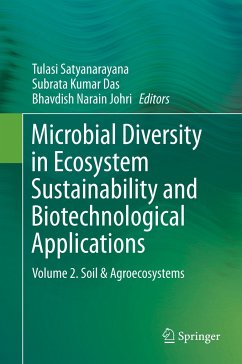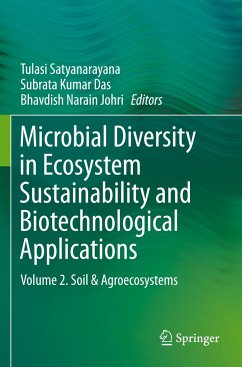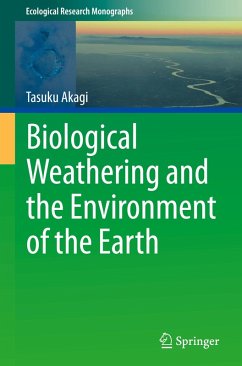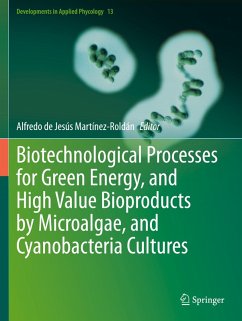
Biotechnological Interventions to Aid Commercial Seaweed Farming

PAYBACK Punkte
76 °P sammeln!
This edited book focuses on various research topics and constraints over the seaweed sector's sustainable development. Seaweed potentially contributes to multiple Sustainable Development Goals and thus there is a growing interest in seaweeds sectors for various industrial and ecosystem services. This book particularly focuses on the biological and biotechnological processes to aid the large-scale commercial seaweed farming. Developing quality material, disease resistance and heritable improvements in the existing germplasm sourced from wild populations, protoplast and callus-based technologies...
This edited book focuses on various research topics and constraints over the seaweed sector's sustainable development. Seaweed potentially contributes to multiple Sustainable Development Goals and thus there is a growing interest in seaweeds sectors for various industrial and ecosystem services. This book particularly focuses on the biological and biotechnological processes to aid the large-scale commercial seaweed farming. Developing quality material, disease resistance and heritable improvements in the existing germplasm sourced from wild populations, protoplast and callus-based technologies, and germplasm preservation are the major focus areas of the book.
The information and knowledge provided by this book would facilitate evidence-based policymaking and sector management in seaweed development at the national and global levels. The seaweed sector has already been established or identified as sunrise sector in Asian, American, European and African countries. In these nations, this volume will act as valuable reference material for marine-sector professionals and government representatives as well.
The information and knowledge provided by this book would facilitate evidence-based policymaking and sector management in seaweed development at the national and global levels. The seaweed sector has already been established or identified as sunrise sector in Asian, American, European and African countries. In these nations, this volume will act as valuable reference material for marine-sector professionals and government representatives as well.





